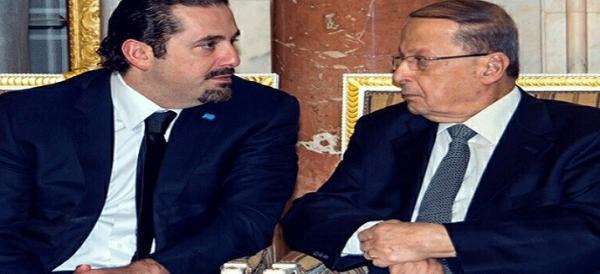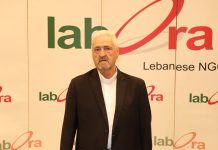The stakes remain high in Lebanon’s political gridlock
Michael Young/The National /June 29/16
Lebanon’s political deadlock appears complete, yet there has been movement in recent weeks suggesting something may be in the works. However, rather than view this as progress, there are those worried about its implications.
Recently, the speaker of parliament, Nabih Berri, made a proposal that raised eyebrows. For months a parliamentary committee has been meeting to agree on an election law that would satisfy all the political forces, but has gone nowhere.
Given the stalemate, Mr Berri proposed that, unless an accord was reached on a new law for parliamentary elections in 2017, Lebanon would have to agree a “package deal”, similar to the Doha accord of 2008 that brought president Michel Suleiman to power. The deal, presumably, would cover the presidency, the future prime minister and an election law.
Mr Berri’s scheme was seen by many of his political rivals, and more specifically the rivals of Hizbollah, with which the speaker is allied, as part of a broader plan. The party’s opponents regard the Berri proposal as a surreptitious means of establishing a forum to amend the constitution and redraw communal shares in the political system to give the Shia community more power.
While the intention may indeed be there, it is difficult to see how, in the present political and sectarian climate, any of the communities who would be expected to surrender power to the Shia would agree to such a thing. Neither the Maronites nor the Sunnis, who would probably lose in such an endeavour, will sign off on an arrangement that reduces their representation.
Mr Berri is expected to advance his proposal for a package deal in July, at a series of national dialogue sessions bringing together the country’s political leaders. But, if constitutional change is indeed his objective, it’s difficult to see any agreement in a country where most major decisions are taken by consensus.
In parallel to this, Hizbollah has again sought to push for the election of Michel Aoun as president. It apparently instructed one of its allies to make a statement that Mr Aoun was authorised to negotiate with Saad Hariri about Mr Hariri’s return as prime minister if he ordered his bloc to vote for Mr Aoun (parliament votes for presidents in Lebanon).
Mr Hariri has an interest in coming back to office, given his dire financial situation and his political setbacks in recent months. However, he also knows that backing Mr Aoun would lose him more of his Sunni base, which loathes Mr Aoun and considers him a Hizbollah pawn. Moreover, if parliamentary elections follow next year, Mr Hariri could end up being prime minister for a short time, until someone else is named after the vote.
Hizbollah and its allies have floated the idea recently that Mr Berri’s offer for a package deal could involve agreement on electing Mr Aoun as president, returning Mr Hariri as prime minister, and approving an election law that satisfies everyone.
That seems difficult to conceive, given the centrality of an election law to the political future of many politicians. Mr Hariri, even if he is assured of a comeback as prime minister, cannot afford to sign off on a law of which he disapproves, that might only confirm through elections how much ground he has lost in the past five years, during which he has remained outside of Lebanon.
Yet for Mr Berri’s package deal to work, Mr Hariri has to be on board. At the same time, another ally of Mr Aoun (though a Hizbollah foe), the Lebanese Forces leader Samir Geagea, has also expressed his doubts about the speaker’s and Hizbollah’s intentions. If both Mr Geagea and Mr Hariri are opposed, it’s difficult to see Mr Berri’s plan making headway.




















